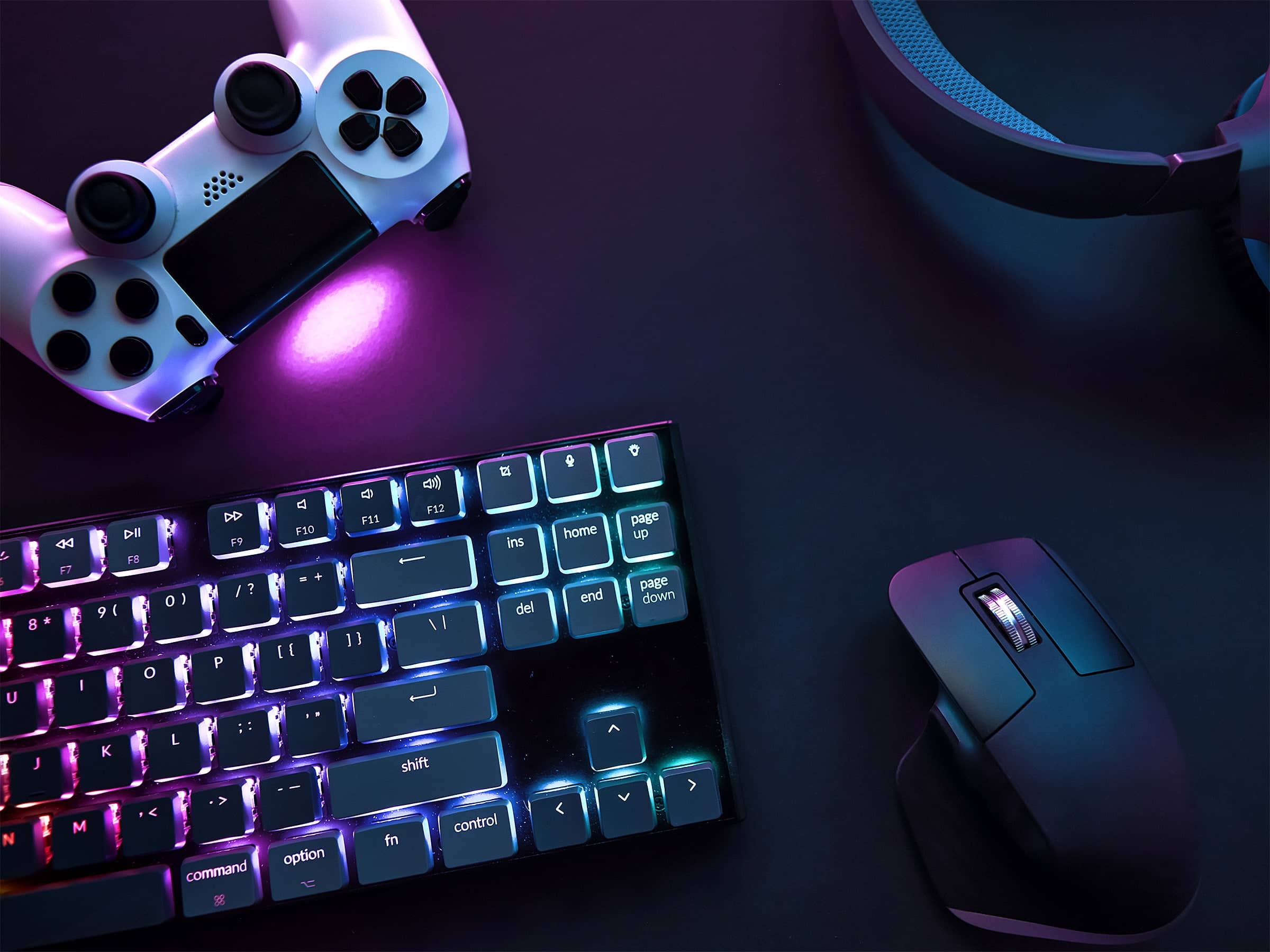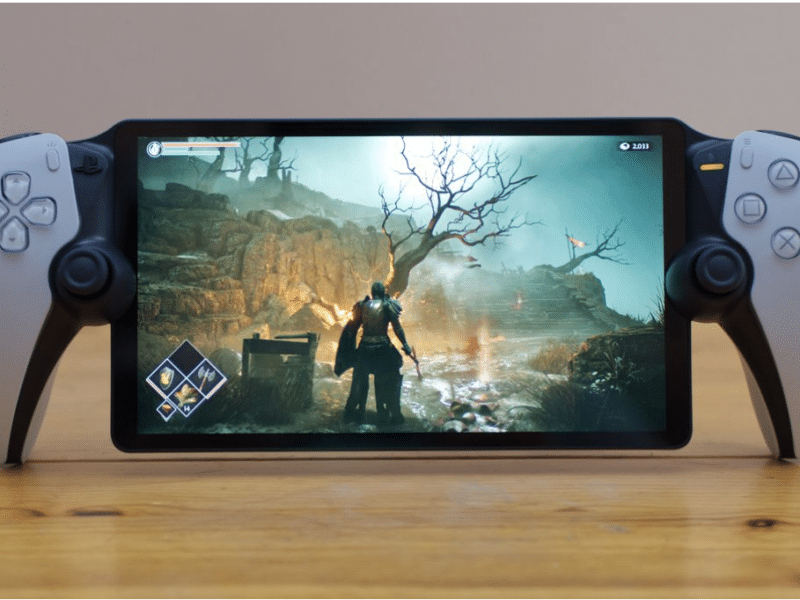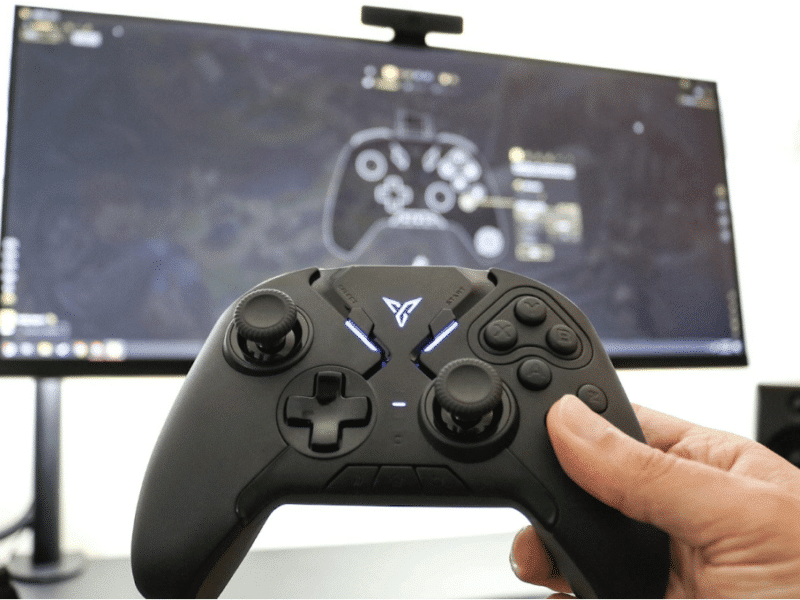Gaming have long been criticized as a waste of time or a distraction from more productive activities. However, recent research suggests that video games can actually have a positive impact on our cognitive abilities, particularly when it comes to problem-solving skills.

Playing video games requires players to constantly analyze complex situations and make decisions based on limited information. These skills are transferable to real-life problem-solving situations, which can help improve our ability to think critically and make informed decisions.
Here are some ways in which video games can help improve your problem-solving skills:
Cognitive Flexibility:
Many video games require players to switch between multiple tasks and objectives, which can help develop cognitive flexibility. This skill allows us to quickly adapt to changing situations and come up with new strategies to solve problems.
Decision-Making:
In video games, players are often faced with difficult decisions that can have significant consequences. This requires quick thinking and careful consideration of the available options, which can help improve decision-making skills.
Creativity:
Video games often require players to think outside the box and come up with creative solutions to complex problems. This can help improve our ability to think creatively and come up with innovative solutions in real-life situations.
Spatial Reasoning:
Many video games involve navigating complex environments and solving spatial puzzles. This can help improve our spatial reasoning skills, which are essential for tasks like reading maps or understanding 3D models.
Attention to Detail:
In video games, players are often required to pay close attention to small details in order to solve puzzles or progress through the game. This can help improve our ability to notice details in real-life situations and avoid making mistakes.
Perseverance:
Video games can be challenging and require players to persevere in the face of setbacks and failures. This can help improve our resilience and determination in real-life situations, allowing us to persist in the face of obstacles and achieve our goals.
In conclusion, video games can be a valuable tool for improving problem-solving skills. By engaging in complex and challenging gameplay, players can develop cognitive flexibility, decision-making, creativity, spatial reasoning, attention to detail, and perseverance. So, the next time someone tells you that playing video games is a waste of time, you can confidently tell them that it’s actually making you a better problem-solver.







